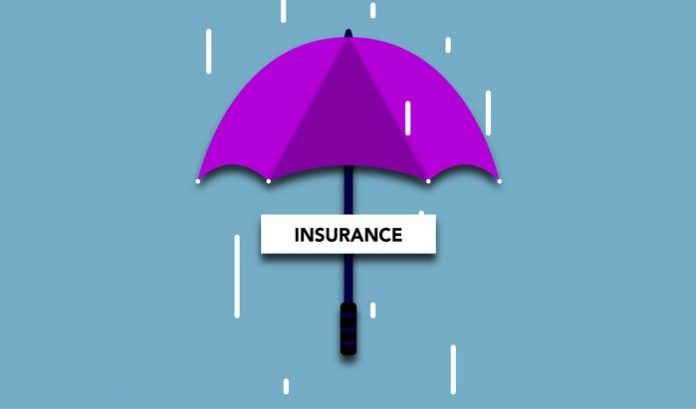Let’s discuss something important, life insurance. No matter who you are, where you are, and what you have planned for your future, it is common knowledge that some things just don’t stay the same. That is why life insurance is an absolute necessity for basically anyone, including you.
When you start searching, one of the most important questions is which type you would like, term or whole life insurance? Then the inevitable battle of term vs. whole life insurance starts to flare up. However, I don’t think the battle is particularly necessary because each one has their perfect place within the world, and both will be suitable for different people.
The problem comes in when people don’t really know which one is for them and even after hours of research it may be confusing. That is why this guide has been created to help you out so that you can find the perfect option that is the best one for you. Without further ado, let’s discuss the options.
What is term life insurance?
So, first things first. What is term life insurance? Well, term life insurance is a form of life insurance in which the policyholder pays premiums for a certain amount of time (usually 10-30 years). If the policyholder is to die within the term, their beneficiary (or beneficiaries) will be given a death benefit payout.
It is pretty straightforward and very affordable which is an awesome selling point for people who are looking for ease. The ‘term’ in term life insurance refers to the amount of time that the policy is active which also means that after the aforementioned number of years is up, so is your policy.
The pros and cons
The pros and cons of term life insurance are as follows:
Pros
- Cancel the policy early without losing value
- No hidden risks, exclusions, or fees
- Very affordable
Cons
- Your coverage will expire at the end of the term so if you still need insurance you will need to take the next steps
What is whole life insurance?
Whole life insurance is exactly what it implies. It is permanent life insurance (or whole life insurance) that stays in effect for your entire life. It is a fair bit more complicated than term life insurance because of its cash value.
With every month, a portion of your premium will be put into the cash value of the policy and the cash value of your policy will grow with time. You can then use this cash value to take out a loan, use it for retirement, or fund the premiums of your policy.
The pros and cons
The pros and cons of whole life insurance are as follows:
Pros
- Keep it as long as necessary because it doesn’t expire
- Useful for estate planning
- Works as forced savings
Cons
- Up to 15 times more expensive than term life insurance
- The surrender value of the policy will change in time
- Other investments will offer higher interest rates
Find a Home-Based Business to Start-Up >>> Hundreds of Business Listings.

















































